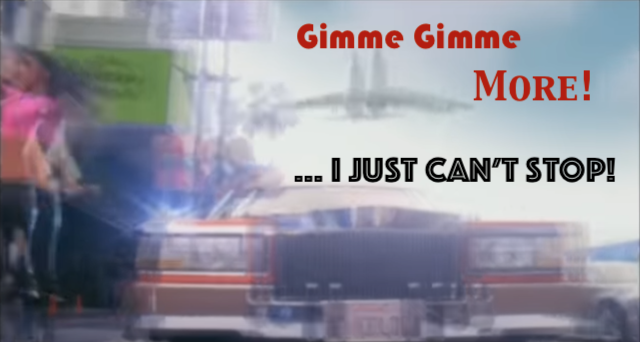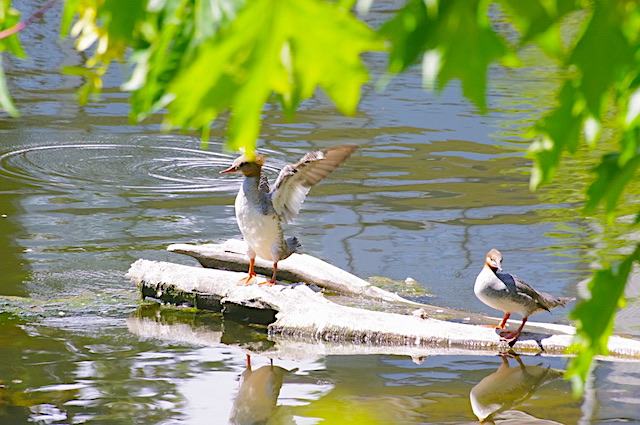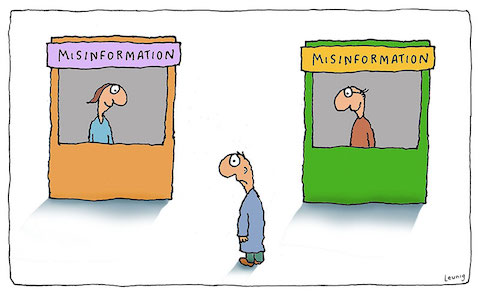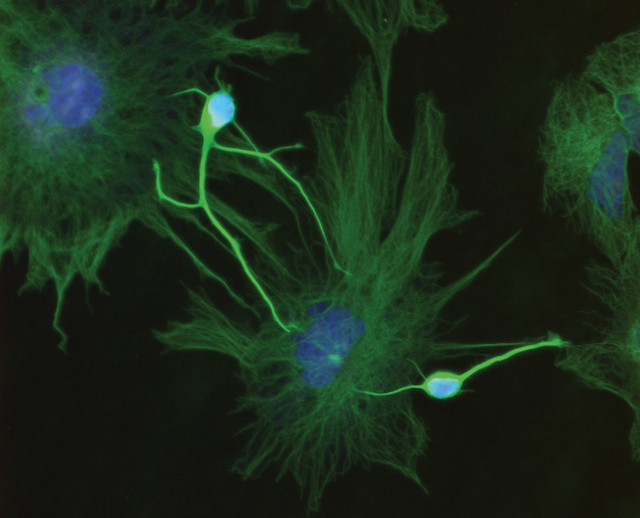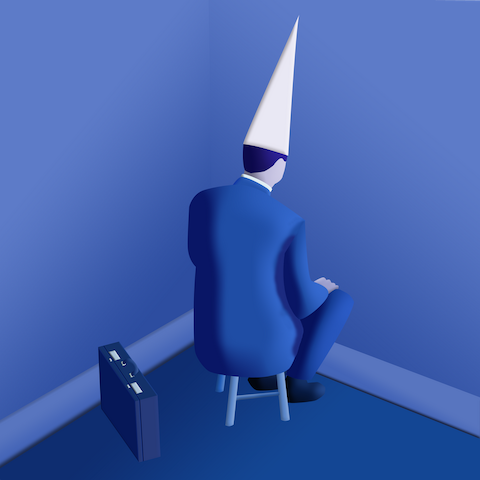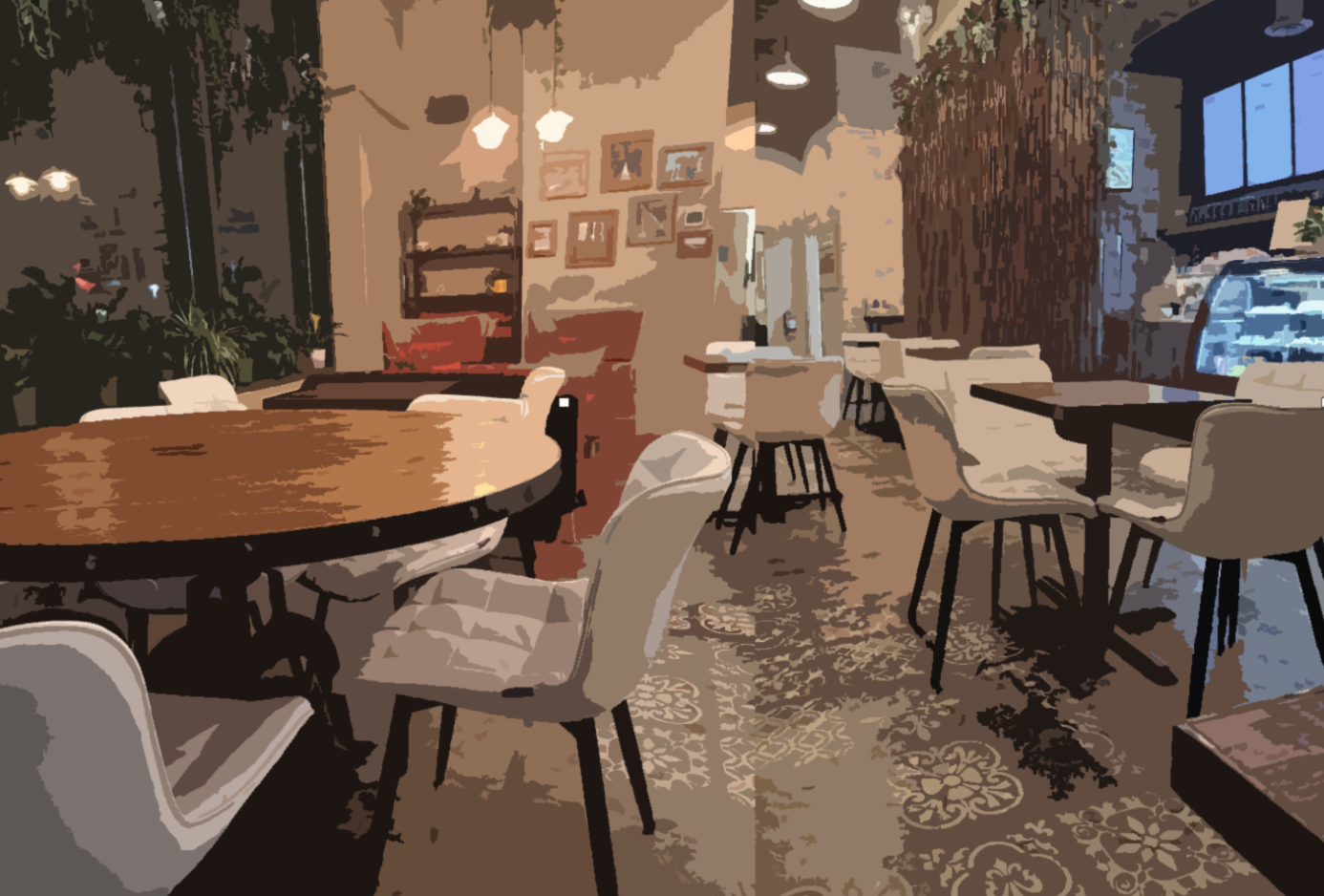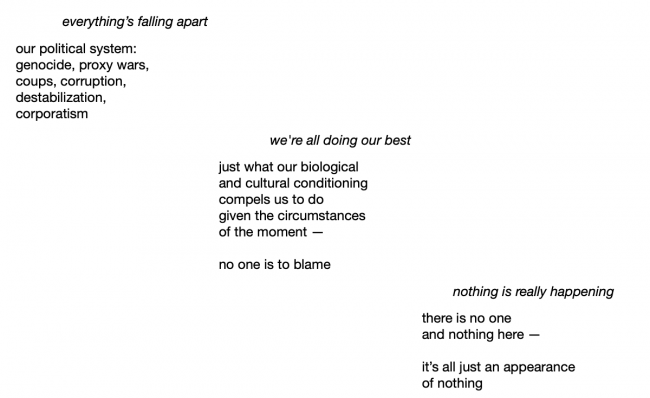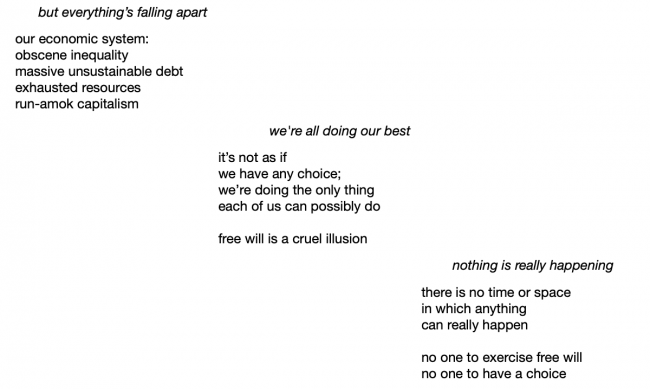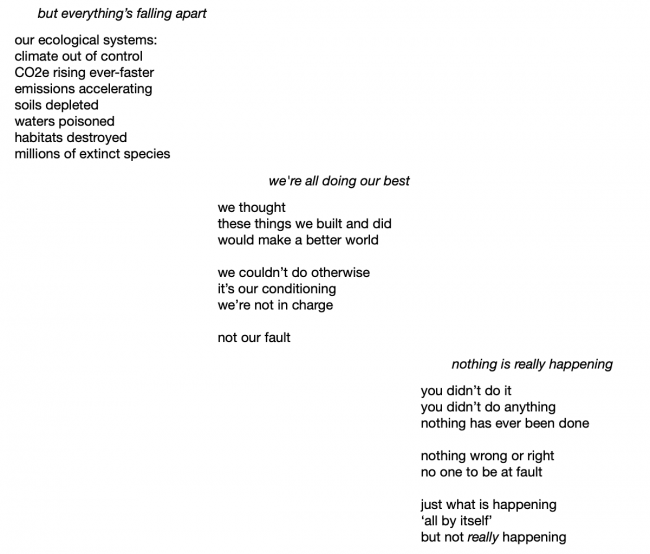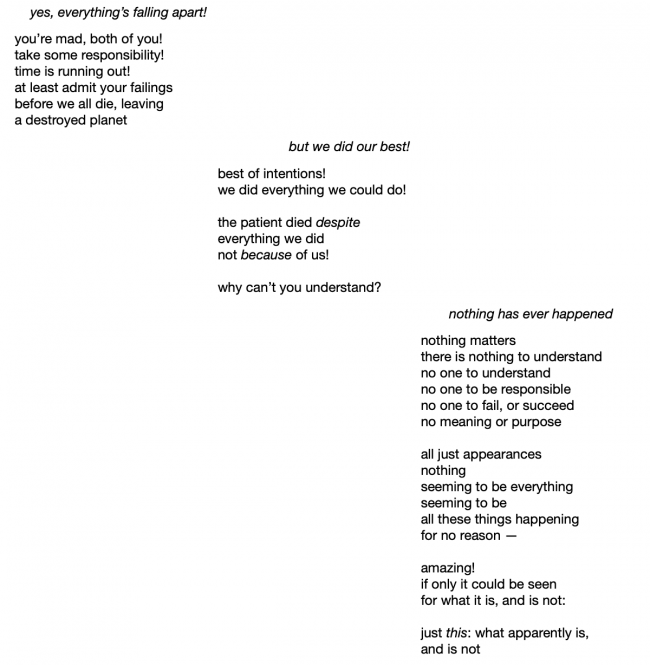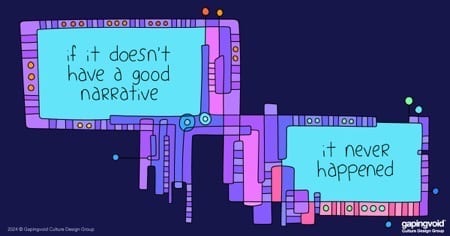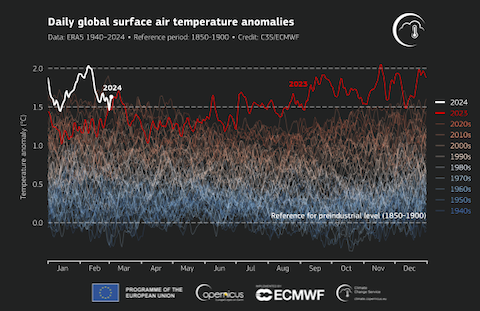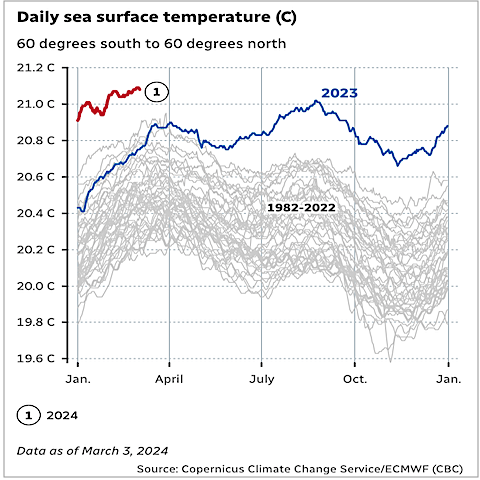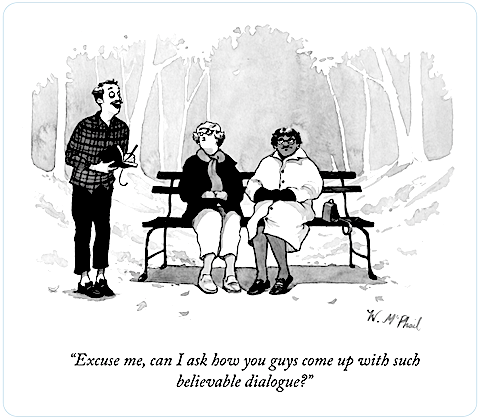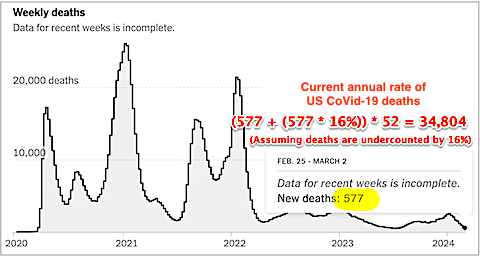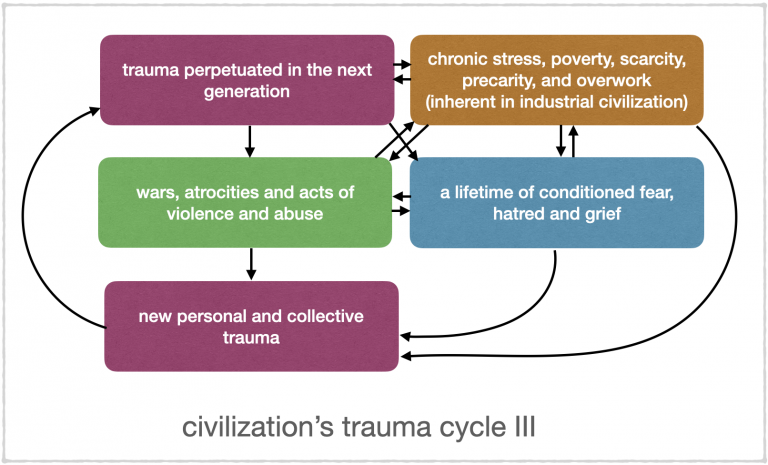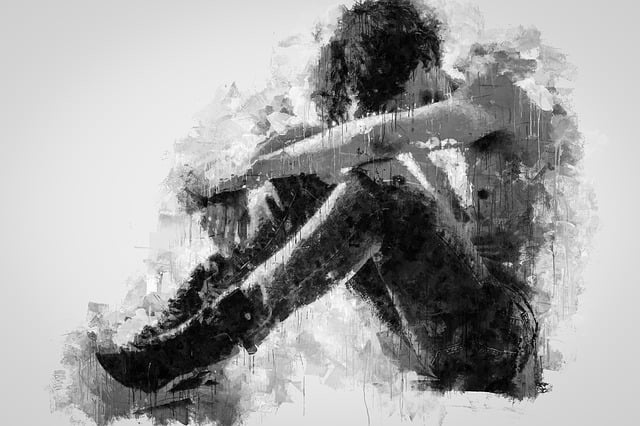
image by Layers on Pixabay (this is the same image Tim used to illustrate his post)
I‘ve mentioned before that I battled severe depression and then debilitating anxiety for much of my life. Over the past decade or two, the symptoms have dissipated, and I can now hardly remember how difficult it was dealing with it.
I don’t think I had anything to do with this recovery. I think my body chemistry just changed over time, and the Noonday Demon just kind of left the premises as that happened. Perhaps it’s like the kidney stones I suffered in my middle years, which I no longer have to deal with either.
I grew up in a culture that viewed depression as a kind of moral weakness. My mother suffered from it more than I did, but it just wasn’t discussed. “Just really tired” or “Just not feeling well” were the code-words. Just total denial that it might be a form of mental illness.
So I just kept denying it, even when it interfered with my work. Even when I was zoned out on Paxil, or recovering from taking it. I don’t think anyone ever knew, until I realized it myself just twenty years ago.
The latest article by Tim Watkins describes his experience both as a patient and as a care provider/advocate in Britain’s NHS, a system which, like all of the western health-care systems, is in a state of increasing collapse. The health care systems never really accommodated mental illnesses anyway, and now they simply can’t afford to.
Tim explains that our health systems (like many of our systems) are designed only to respond to problems and immediate needs as they arise. There is neither the will nor the capacity to have these systems actually prevent illness and other health problems — that is not rewarded by these systems. Tim identifies some programs and projects that do prevent physical or mental illness, but they mostly operate outside the health care system. Even health and medical charities, he explains, are now so dependent on governments and pharma corporations that they dare not challenge the dysfunction of these systems*.
When the billions spent touting SSRIs were revealed to have been a complete con job by Big Pharma, creating far more misery than they resolved, Tim explains, the profession and industry jumped into the arms of the CBT (cognitive behavioural therapy) preachers, and they have been absurdly overselling this dubious form of faith healing ever since. Tim says it’s wrong to call CBT a scam (though he acknowledges other professionals do), and notes:
It falsely promised – and often overstated its results – to cure people in a matter of weeks. And it could be delivered by cheaper, non-graduate therapists for a fraction of the cost of traditional psychology… The problem… is that CBT was sold … as a kind of miracle cure… which it could never be. Mental illness is simply too complex for any one intervention to work for everyone. Indeed, for every intervention it was easy enough to find recipients who claimed to be made worse by it. So that, in the end treatments became a kind of “suck it and see” process, where the best one could say was if it helps keep doing it, and if it doesn’t, then stop.
This is, of course, the same process that is used to justify giving patients placebos. Except CBT is a lot more expensive than sugar pills.
When Tim looked to find treatments and therapies that actually worked, his researched revealed that only one thing really did: a relationship with someone who “dropped the act and had related to the depressed person as one human to another”, and he discovered that the best people to create such relationships were people who had suffered from depression themselves.
Our modern mental health crisis, Tim says, has been exacerbated by the end of reliable lifetime work and the security it provides, as corporations in our overextended economy automate, outsource, cut back and offshore most of their labour in the interest of profits. Loss of a job often leads to relationships breaking up, financial crises, homelessness, and, inevitably, mental health crises. He quotes one GP as saying “its like we’re busy pulling drowning people out of the river, but nobody is looking upstream to see why they are falling in.” Stress — the fear of not being able to care for yourself, your family and your loved ones — is the precipitator of so much disease.
This is entirely consistent with what Richard Lewontin asserted in The Triple Helix: that the actual causes of major diseases in much of the world are not viruses and bacteria, but overwork, stress and malnourishment, which render us vulnerable to these ubiquitous germs. And, Richard added:
Sulfites, deforested mountainsides, and non-degradable waste dumps are not the causes of degradation of the conditions of human life, they are only its agencies. The cause is the narrow rationality of an anarchic scheme of production that was developed by industrial capitalism and adopted by industrial socialism.
Our health care systems are helpless to deal with the overwhelming and ever-increasing flood of illnesses caused principally by the collapse of our dysfunctional economic systems. Our health care systems are, as a result, headed for collapse themselves.
This collapse starts with the introduction of two-tier health care that favours the rich (the only ones who can still afford to pay for decent health care), and then descends to triage systems (if you’re too sick, or not sick enough, they won’t treat you), and eventually complete exclusions (in some countries pharmaceuticals, therapy of all kinds, and dentistry are not covered by health plans because they’re just too expensive for the system to afford). The complete collapse of the NHS in this decade was predicted a generation ago, Tim notes, and it’s right on schedule.
Tim’s approach, which he pursued for years as a mental health care advocate, was a combination of public awareness (notably training everyone possible in Mental Health First Aid, in order to increase society-wide capacity instead of relying solely on exhausted professionals), and self-management (equipping those struggling with mental health issues, and their families and loved ones, to be able to care for themselves as much as possible, as public health care systems collapse).
CBT is absolutely not the key to either element in this approach, he says:
CBT itself… was founded on a wrong observation. Its originators came to believe that “the thought gives rise to the feeling,” and that if a negative thought were swapped for a positive one, a negative emotion or physical feeling would turn into a positive one.
It’s hard to believe that this psychobabble version of “wishful thinking” would ever be considered seriously as a form of therapy, but here we are. What Tim explains is that there is a three-part vicious cycle in mental illness: Not only do negative thoughts and negative feelings reinforce each other, but they manifest in unhealthy physical symptoms as well. It’s not “all in your head” — it’s in your DNA, your hormonal system, your nervous system, and your whole body.
To that point, what Tim says is not inconsistent with scientists’ increasing awareness that we have no free will, and that, as I have recently been trying to convey, we have no “self” that actually has any power to do anything anyway. Our self is just the brain’s dreamt-up rationalization engine to try to make sense after the fact of the actions that the complicity of all the creatures that we call ‘our’ body are already doing. “We”, our selves, have no say in it at all. CBT, which berates you for not taking responsibility and not being able to magically erase your mental illness by “changing your thinking” about it, is, in this context, a brutally cruel treatment that is not only inherently ineffective, it is almost inevitably going to make the patient feel worse because they’re “not doing it right” or “not trying hard enough”.
It’s at this point in Tim’s essay, when he goes into more detail about what he means by “self-management”, that I start to get a bit dubious about his program. After lambasting CBT for not being the right approach (“The last thing someone already in the grip of depression needs is to be set up for failure”), he goes on to say:
What works is to allow people to become aware … of their thoughts, emotions, physical feelings, and behaviours. As this opens up the possibility of change. During the time that I taught self-management courses, I found that as participants became more self-aware, they would find their own way to the changes which best suited them. One person, for example, would choose to improve their diet, while another would become more physically active. All that was required was some basic knowledge about how to do this.
Hmm. I know what he means. I used to suffer from an anxiety-related affliction called road rage. It was only when I learned (thanks to some very smart and very patient women) to become aware that my anger was dysfunctional, that my conditioned response to others’ dangerous driving changed. Now, that initial burst of anger/fear is quickly discharged instead of consuming me for hours, as it once did. These smart women reconditioned me to behave differently. They did it at a time when I was already becoming more self-aware of other dysfunctional behaviours, so I was ripe for reconditioning, but still. Having no free will does not mean your conditioned behaviours cannot be changed.
So I can see what Tim is getting at, saying self-awareness is the key. But I would argue that while self-awareness (or lack of it) can be a by-product of our (re-)conditioning, it is not self-awareness that gives us agency to change. We change when, and only when, our conditioning changes. It is not ‘our’ doing.
Of course, things like changing your diet and doing more exercise are almost always good habits to pursue, and are likely to make you more physically and mentally healthy. But you’re only going to change your diet or exercise if such a change is already consistent with your (biological and cultural) conditioning. And you’re quite likely, if the change isn’t totally consistent with your conditioning, to fall back to your previously conditioned diet and to give up exercising. This isn’t a matter of self-awareness or lack of self-control. It’s not a matter of “choosing” changes that best suit us. It’s just what our conditioning, unmediated by ‘us’, has led to.
‘I’ switched to a much healthier diet, and undertook a rigorous exercise routine, because it was totally consistent with my conditioning up to the point I (gradually, and haltingly) made these changes. I was given some knowledge, in each case, that made the changes easier and more pleasant, and that, one could argue, ‘tipped me over’. But that knowledge would have had no impact had I not already been conditioned to be amenable to making such a change. In fact, had I received that knowledge ten years earlier, it would have made no change to my behaviour whatsoever. And if I had received that knowledge back when I lived in the shadow of the Noonday Demon, well, it wouldn’t even have registered.
The healthier diet and exercise weren’t ‘my’ doing at all. They were the inevitable expressions of my conditioning given the circumstances of the moment when the change happened, and the changing circumstances and different conditioning that have occurred ever since. This is what ‘my body’ apparently does now. ‘I’ have no say in it.
So it is entirely possible that pointing something out to someone suffering from depression (or any mental or physical illness, for that matter) can, if it’s consistent with their other conditioning, and if the circumstances of the moment are right, lead to that person being reconditioned, at least temporarily, to behave in a way that is more conducive to good health. And quite often what is pointed out will be about, or will bring about, some new self-awareness, at least temporarily. But our behaviour is the consequence of all of our biological and cultural conditioning given all of the circumstances that affect us over our lives, a nearly-infinite number of variables over which ‘we’ have no control.
A year after a patient began a ‘self-management’ program and acquired the ‘self-awareness’ that purportedly led them to change their diet, given all of the other conditioning and all the other circumstances that affected their conditioning over that year and all the years preceding it, how much of an impact did that ‘self-awareness’ have on the diet they’re following then? Or, rather, was that self-awareness activity just the inevitable result of all the conditioning that led up to it, given the circumstances of each moment? Including the circumstances of meeting Tim and being introduced to the concepts of his program at just the right time it happened to fit with all the patient’s other conditioning?
A butterfly flapping its wings can indeed, under the right circumstances, be the ‘deciding’ factor that produces a tornado several weeks later in another part of the world. So we should not be reticent to flap away, if there’s even a small chance it might make someone feel better. No harm in trying.
And the placebo effect can be very real, and very powerful. At least for a while.
I am convinced that we have no free will, no agency, no control or self-control. Still, as I’ve often heard in non-duality circles: religion, spirituality, meditation and other kinds of ‘therapy’ can serve to “make the prison of the self more comfortable”, and what could possibly be wrong with that? (Yes, that’s a rhetorical question.)
…..
Tim concludes with a statement of where we stand now: essentially, systems in collapse, everything slowly (or quickly) falling apart (our health care systems in particular), and more and more of us (young people especially) facing a hopeless and depressing future. It’s clear that we’re facing a great reckoning, and our dependence on all our modern civilization’s systems — not just health care but also education, business and jobs, agriculture, transportation, trade and the rest of our economic systems, and our political and social systems — makes us extremely vulnerable to chaos and irrational behaviours as those systems fail us.
We’re going to have to relearn to do locally, inexpensively, humbly, and pragmatically, almost everything we now rely on others in these big systems to do for us. Including mostly looking after our own physical and mental health, mostly through preventative measures. We’re going to make a lot of mistakes. Our recent conditioning has not prepared us at all well for such a challenge.
Tim tells an interesting story about his experience in Emergency Preparedness in the UK that parallels mine when I worked briefly for a Canadian health ministry:
The two medical professions given highest priority were vets and nurses. Vets, because the health of the remaining livestock would be critical, and nurses because any injury which couldn’t be patched up or which wouldn’t heal on its own would be a death sentence, so there would be no point wasting resources treating it.
This is what we’re looking at as collapse accelerates and the Long Emergency deepens. An epidemic of anomie and depression isn’t going to help matters. But we’ll flap away, and do our best, the only thing we can possibly do. We’re certainly not ready for this, but the conditioning that has brought us to this point of accelerating collapse also kept us alive through some pretty horrific catastrophes earlier in our evolution. We might just surprise the more-than-human world with our capacity to be reconditioned, in the ashes of collapse, centuries or millennia from now, in a way that actually works for all life on the planet.
* The paradox that charities can become inadvertently captive to the systems and perpetrators that gave rise to the problems the charities were created to confront in the first place, is not limited to health care — the same applies for example to many environmental organizations that now depend on the next industry or government outrage to rail against, without which they’d quickly fade from the news headlines (since they can’t and don’t do anything except protest) and their funding would dry up. Ain’t capitalism wonderful?

